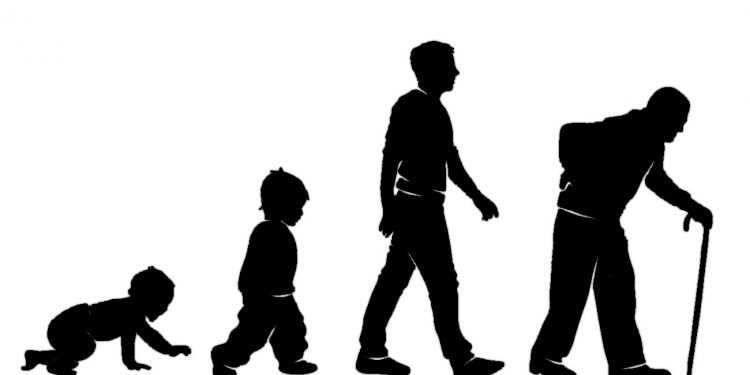Melvin Durai
Carl Reiner, a great American comedian, recently passed away at the age of 98. What struck me the most, while reflecting on his life, was how active and productive he continued to be even in his 90s. He created a Twitter account in 2012 and tweeted several times a day to almost 400,000 people, some of whom knew him only as “that crazy old guy on Twitter.”
On May 28, for example, Reiner tweeted, “Spent 3 hours in the dentist’s office this morning thinking about how Trump, our inept President, is causing me a thousand times more pain than my very ‘ept’ dentist.”
I doubt that I will live until the age of 98, but if I do, I hope I don’t have to spend three hours in the dentist’s office. I hope I’m not sitting there in pain, pleading with the dentist: “Please fix my teeth well, so they last another 12 years. I don’t want to be back here until I’m 110.”
I’ve already spent countless hours in dentists’ offices, and here’s something I truly believe: for every hour that I’ve spent in a dentist’s office, I’ve lost one month from my lifespan. During my lifetime, I’ve spent at least 100 hours in dentists’ offices, which means that my life will be about eight years shorter.
I’m not trying to pick on dentists. Some people don’t mind going to the dentist, so it doesn’t cause them any stress and probably doesn’t affect their lifespans. Who knows, perhaps it even gives them a longer life. After all, the health of your teeth is connected to overall health. But in my case, each visit to the dentist undoubtedly shrinks my life, not to mention my bank account.
If you are skeptical, please find a scientist to conduct a study about this. They’ve already conducted studies about other “risks” that reduce our lifespans. For example, they’ve found that smoking one cigarette will reduce a person’s lifespan by about 10 minutes. In the case of my children, smoking one cigarette would reduce their lifespans by about 80 years. That’s what I tell them, anyway.
We are still learning so much about aging. Until now, we thought that dogs age seven times faster than humans. A dog that had lived for a decade was said to be 70 in human years. It turns out, however, that this simple math can’t accurately capture the complexities of aging.
Researchers at the University of California San Diego School of Medicine found that in the early years of a dog’s life, it ages at a much faster rate than humans, but this aging process slows down considerably as the dog matures.
“This makes sense when you think about it — after all, a nine-month-old dog can have puppies, so we already knew that the 1:7 ratio wasn’t an accurate measure of age,” researcher Trey Ideker said.
The aging of humans also varies considerably, depending on many factors, including how much time a particular human has spent in a dentist’s office. That’s why you’ll see people who are 60 but look 40, and people who are 50 but look 80.
If you exercise regularly and follow a strict diet, you will probably add a few years to your life. If you serve as the leader of a national government or political party, you will probably subtract a few years from your life.
Nelson Mandela was 95 when he died in 2013, which is quite amazing, considering that he led a political party, served 27 years in prison and was president of South Africa for five years. Without all the stress and pressure, the heavy burden of leading a movement, he might still be living today, especially if he took good care of his teeth and didn’t have to spend much time at the dentist’s office.






































